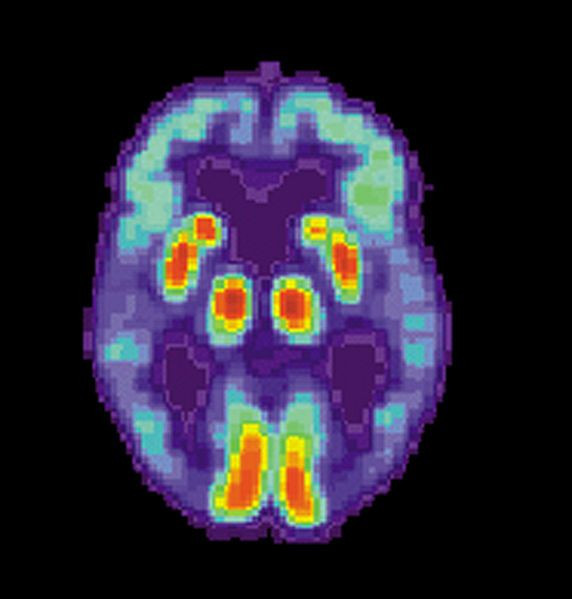Alzheimer’s Drug Effective Against Brain-Wasting Disease In Mid-Stage Trial

A candidate Alzheimer's vaccine that appears to slow down brain deterioration caused by malformed tau proteins has exhibited encouraging signs of efficacy in a recently conducted mid-stage trial in Slovakia.
Current Alzheimer’s treatments can only ease the symptoms of Alzheimer's but don't slow down its progress.
The tau protein is a hallmark of Alzheimer's dementia. It forms tangles in the areas of the brain called synapses, which are important for memory. It then moves through the brain as symptoms progress.
Synapses are the connections between nerve cells. In Alzheimer’s, synapses can dysfunction and cause brain cells or neurons to die. Alzheimer’s, which affects memory and language as it progresses, is the lot of more than 5.8 million Americans.
The vaccine is called "AADvac1" and was developed by a 20-year-old firm named Axon Neuroscience. The company said AADvac 1 targets pathological changes in the brain made by tau proteins. The clinical trial showed a slowing down of these changes in trial patients when compared to a reference group given a placebo.
AADvac1 is designed to prevent malformed tau proteins from spreading and sticking together in Alzheimer’s patients’ brains. It also keeps these proteins from forming tangles that disrupt signaling or communication among nerve cells.
AADvac1 was shown to be safe and well-tolerated in the 24-month-long trial, said Axon. There were 200 participants in the Axon trial in eight European countries. These participants were between 50 and 85 years of age and exhibited early signs of Alzheimer's.
A number of assessments of cognitive abilities among younger participants in the trial showed “positive signals” for those on AADvac1 versus those that were not, according to Axon. These cognitive abilities included memory, orientation and performing everyday tasks.
Results of a blood test called Neurofilament Light Chain (NfL) measuring neurodegeneration indicated a “marked slowdown” of deterioration across the age range. The reading was statistically reliable, Axon pointed.
The trial was in the second of three phases of testing typically required for regulatory approval. Hurdling this stage is critical because the search for an effective drug against Alzheimer's has seen a number of high-profile failures, many in the third and last phase.
Axon now seeks a partnership agreement with a global drug company to fund the third phase of testing, which is typically the most costly and time consuming.
“These results, which strongly reveal a disease-modifying effect on the disease, underpin our confidence to take the next steps in bringing a life-changing treatment to patients as soon as possible,” Michal Fresser, CEO of Axon, said.
Other companies with tau drugs in development include Roche, AC Immune, Biogen and Eli Lilly.

Published by Medicaldaily.com



























